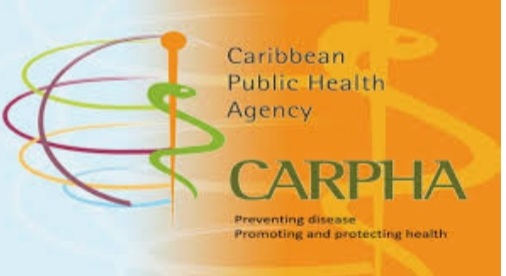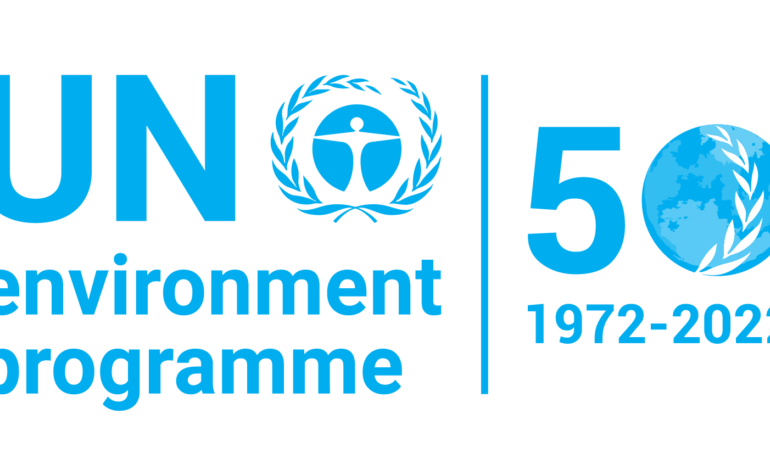
Greetings to the distinguished colleagues previously recognized, and to all participants in this virtual meeting, and thank you Dr Roberts.
As Dr St John has noted, non-communicable diseases or NCDs remain the leading causes of disease, death and disability in the Caribbean, a situation that has only worsened during the current pandemic. Unhealthy diets excessive in what we call “critical nutrients” of public health concern – sugars, total fats, saturated fats, trans fats and sodium – are major contributors to obesity and the NCD burden in our Region.
Available evidence confirms that the excessive intake of these critical nutrients is a direct result of the increased availability, affordability, and consumption of processed and ultra-processed food and drink products with unhealthy profiles.
In this context, an essential part of the solution requires the use of laws and regulations to reduce the supply of and demand for processed and ultra-processed products that contain excessive amounts of critical nutrients. Front-of-package warning labeling represents a key policy tool of a comprehensive strategy to regulate such products.
Indeed, research shows that consumers face many challenges in accessing, understanding, and evaluating nutrition labeling information when making food choices, if this information is even present. A typical shopping trip involves numerous repetitive decisions, and research has demonstrated consistently that consumers do not spend a great deal of time and effort on such decisions. Instead, their major goal is to make a satisfactory choice while minimizing cognitive effort, which is why highly visible and easily interpreted front-of-package warning labels are such a critical intervention to help consumers.
There are several front-of-package labeling systems applied to products worldwide, with different purposes. However, robust scientific evidence has shown that simple, clear front-of-package warning labels or nutritional warnings are the best way to reach the intended regulatory objective of allowing consumers to correctly, quickly, and easily identify products that contain excessive amounts of critical nutrients. These nutritional warnings use front-of-package text-based seals that are placed in the main product panel, visible to the consumer, and indicate if the product is “HIGH IN SUGAR”, “HIGH IN SODIUM”, “HIGH IN SATURATED FATS”, “HIGH IN TOTAL FATS”, and/or “HIGH IN TRANS FATS”.
Moreover, scientific evidence consistently indicates that octagon-shaped warnings outperform other systems on key features, including their capacity to capture consumers’ attention. The association with the ubiquitous “stop sign” shape and the ease with which consumers can understand, evaluate, and use the information, make the format the most effective for informing consumer’s purchasing decisions.
The strong evidence supporting octagonal warning labels now includes a randomized control trial of 1,206 adult shoppers at popular supermarkets across Jamaica, recently conducted by the Ministry of Health and Wellness of Jamaica, the University of Technology of Jamaica, and PAHO. The study compared the octagonal warning labels with the “High in” single icon FOPL system known as the magnifying glass, and the traffic-light labeling, using nutrition facts up front as the control. The results showed that octagonal warning labels clearly performed best in improving the capacity of consumers to take healthier food decisions in Jamaica. As a result of this study, there are now scientific data of the highest quality available in the Caribbean region on FOPWL for the very first time.
Basing the FOPWL system on solid scientific evidence, free from conflict of interest, is critical to ensuring that the Caribbean population benefits from the best possible standard to save lives and livelihoods. In this regard, the octagonal warnings are also supported by impressive results in real-world implementation: in Chile, a comprehensive regulatory approach including octagonal warnings showed a decrease in household volume of high-sweetened beverages purchases by 23.7%, as well as reduced purchases of food and drink products high in calories, sugars, saturated fats, and/or sodium, leading to declines in purchased nutrients of concern (the link for this study will be posted in the meeting chat). To this date, no other FOPL system has demonstrated such effectiveness. It has also been demonstrated that octagonal warning labelling is the only system that is effective regardless of the geographic location (i.e. country) or sociodemographic dominion. Octagonal warning labels have been introduced in Peru, Uruguay, and Mexico, and have been recently approved by the Argentinian Senate and by the Colombian parliament.
Moreover, this approach has been supported as a rights-compliant response in a Statement by the UN Rapporteur on the Right to Health, which highlights Member States’ obligations to adopt regulatory measures aimed at tackling NCDs. The Statement also emphasizes the role of FOPWL in balancing the starting point for all consumers, by providing equality in access to information relevant to health.
In the Caribbean, FOPL is supported by strong regional mandates, including the 2007 Port of Spain Declaration, and the communiqués of the 37th and 39th Conference of Heads of State and Government, and you are of course aware of the work of CROSQ, the CARICOM entity leading efforts to develop a regional standard.
However, to date the Caribbean population still does not have access to clear information on whether a product is excessive in sugars, sodium, saturated fats, trans fats or total fats. In the absence of clear, easily understood warning labels on the front of packages, people will continue to blindly buy products without knowing when they contain an excess of these nutrients. This is even more relevant during the COVID-19 pandemic, when it is crucial to help consumers at higher risk avoid products excessive in unhealthy nutrients.
Without effective measures to prevent unhealthy diets, the rise of NCDs will remain unstoppable, with irreparable consequences on health, as well as economic development and productivity. In Jamaica alone, a study conducted by PAHO in collaboration with Harvard University estimated that NCDs and mental health conditions will lead to US$18.45 billion in losses over the period 2015 to 2030, equivalent to more than 15 times the total health expenditures for the country in 2013 (again, the link to this study will be posted in the chat). It is now a public health priority that we must make nutrition information more available and accessible to consumers who have the ‘right to know’, through effective front-of-package warning labeling.
To learn more about this topic, or to review the studies and UN statement to which I have referred, please visit the PAHO website on FOPWL in the Caribbean that will be posted in the chat.
I would like to thank our distinguished guests and participants for taking time to be part of this conversation. The evidence is overwhelming and the consequences are dire, but the best way forward is clear.
Links referred:
Front-of-package warning labeling (FOPWL) in the Caribbean. https://www.paho.org/en/front-package-warning-labeling-fopwl-caribbean
Statement by the UN Special Rapporteur on the right to health on the adoption of front-of-package warning labelling to tackle NCDs. https://www.ohchr.org/EN/NewsEvents/Pages/DisplayNews.aspx?NewsID=26130&LangID=E
Changes in food purchases after the Chilean policies on food labelling, marketing, and sales in schools: a before and after study. https://www.thelancet.com/journals/lanplh/article/PIIS2542-5196(21)00172-8/fulltext






